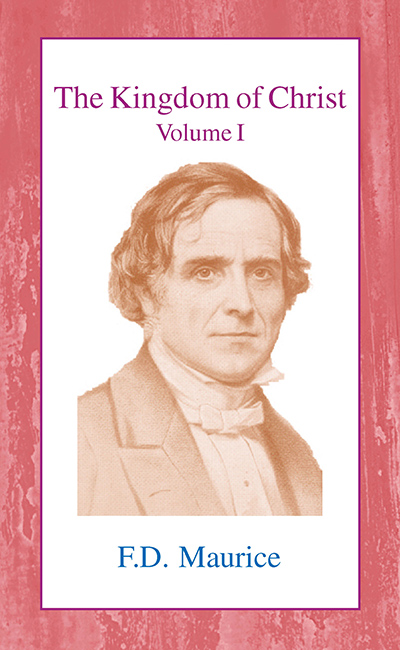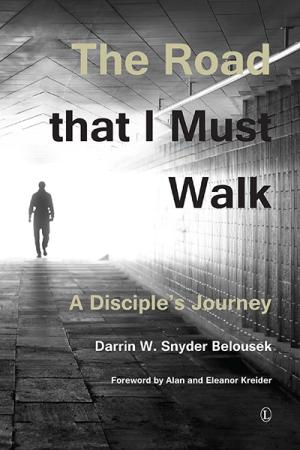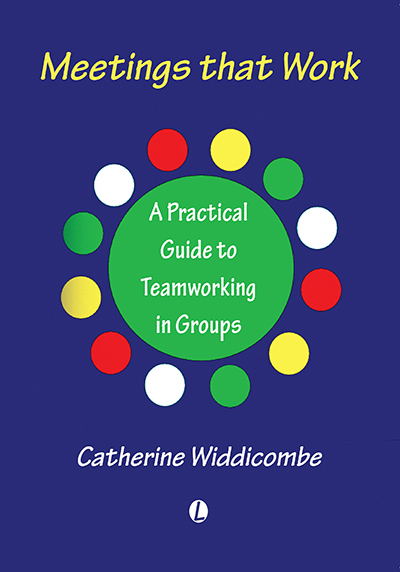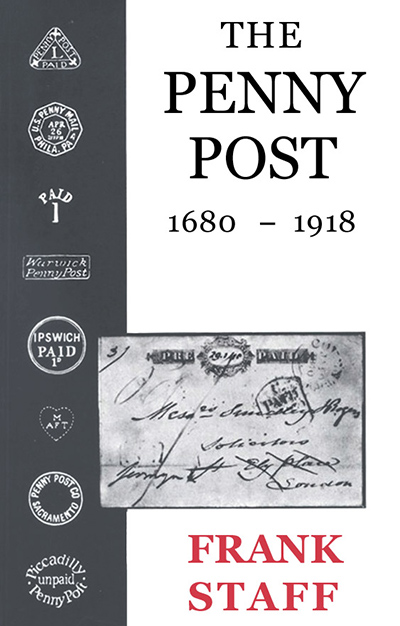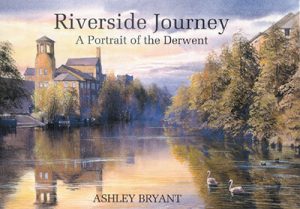Description
Maurice was a fearless thinker, educationalist and social reformer, who made a profound impression upon his contemporaries, but it is mainly as a man of religion that he is remembered. Maurice came to his theological beliefs only after painful inward struggle. He was more than a man of brilliant intellect – he was utterly dedicated – and his religious beliefs were ground out in the mill of his own experience. He was never afraid to look unpleasant facts in the face, and his intellectual honesty challenges modern man as much as it did his own generation.
Maurice’s magnum opus was The Kingdom of Christ, published in 1838, and its relevance is clear at a time when the relationship between Church and State is being discussed. One can find in these pages Maurice’s eager quest for a firm foundation for his own faith, and its expression in the Anglican church. Yet his ideas transcend his churchmanship, and he is regarded as the most significant influence in the religious life and thought of England during the nineteenth century, combining prophetic witness, systematic thought, and creative endeavour, unified and inspired by the ceaseless aspiration of a life consecrated to sanctity. Not for nothing did Gladstone describe him as ‘a spiritual splendour’.
About the Author
Frederick Denison Maurice studied at Trinity College (Cambridge) and at Exeter College (Oxford). He was appointed Professor of English Literature and History and later became Professor of Theology at King’s College (London). He founded Queen’s College for Women.
Contents
Volume 1
Introductory Dialogue
Part I: On the Principles of the Quakers, and of the Different Religious Bodies Which Have Arisen Since the Reformation, and of the Systems to Which They Have Given Birth
I. Quakerism
Section I. – On the Positive Doctrines of the Quakers
Section II. – Ordinary Objections to These Doctrines
Section III. – The Quaker System
Section IV. – The Practical Working of the Quaker System
II. Pure Protestantism
Section I. – The Leading Principles of the Reformation
Section II. – Objections to the Principles of the Reformation Considered
Section III. – Protestant Systems
Section IV. – The Practical Workings of the Protestant Systems
III. Unitarianism
IV. On the Tendency of the Religious, Philosophical and Political Movements Which Have Taken Place in Protestant Bodies Since the Middle of the Last Century
Section I. – The Religious Movements
Section II. – Philosophical Movements
Section III. – Political Movements
Part II: Of the Catholic Church and the Romish System
I. Recapitulation
II. Indications of a Spiritual Constitution
III. The Scriptural View of This Constitution
IV. Signs of a Spiritual Society
Section I. – Baptism
Notes
Volume 2
Part II: Of the Catholic Church and the Romish System (continued)
IV. Signs of a Spiritual Society (continued)
Section II. – The Creed
Section III. – Forms of Worship
Section IV. – The Eucharist
Section V. – The Ministry
Section VI. – The Scriptures
V. On the Relation of the Church and National Bodies
Introductory
Section I. – Objections of the Quakers
Section II. – The Pure Theocratist
Section III. – The Separatists
Section IV. – The Patrician
Section V. – The Modern Statesman
Section VI. – The Modern Interpreters of Prophecy
Part III: The English Church and the Systems That Divide It
I. Introductory: How Far This Subject is Connected With Those Previously Discussed
Section I. – Do the Signs of a Universal and Spiritual Constitution Exist in England?
Section II. – Does the Universal Church in England Exist Apart From Its Civil Institutions in Union With Them?
Section III. – What is the Form of Character That Belongs Especially to Englishmen? To What Depravation is it Liable?
II. The English Systems
Section I. – The Liberal System – The Evangelical System – The High Church or Catholic System
Section II. – Reflections on These Systems and on Our Position Generally

